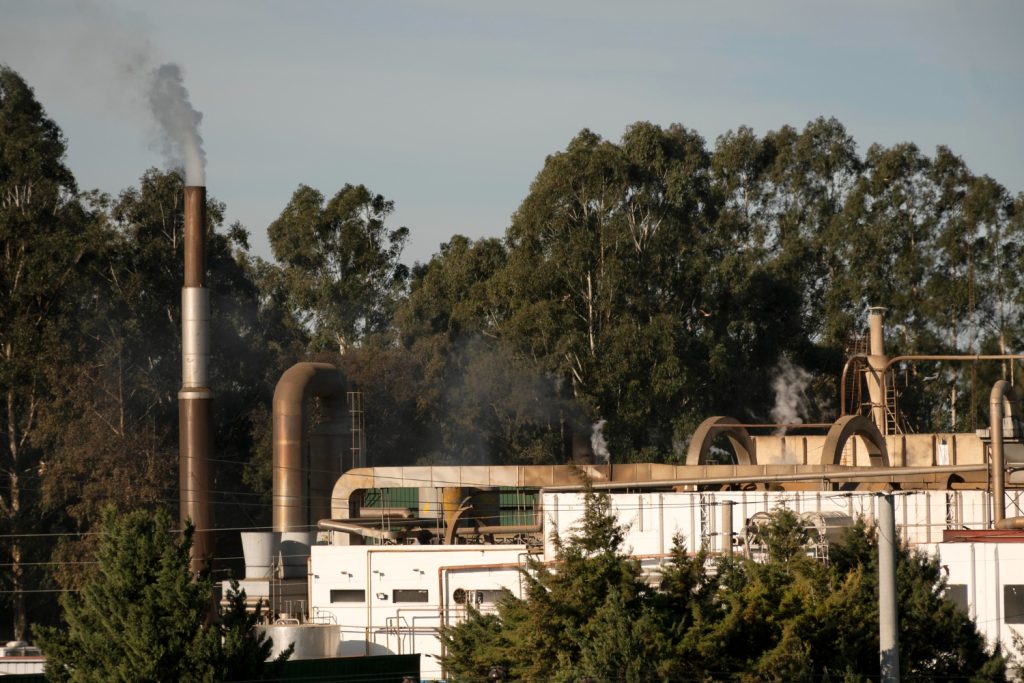Renewable energy sources briquettes are gaining recognition as an effective alternative to conventional fossil fuels. They provide an eco friendly solution that can help meet the increasing energy demands of today’s world. With the rising concerns over climate change, deforestation, and air pollution, the need for sustainable and cleaner energy options has become more urgent than ever.
Briquettes are typically made from agricultural residues, biomass, and other organic waste materials. By converting these materials into compact, high-density fuel, they offer an efficient way to produce heat and energy while minimizing negative impacts on the environment. This approach not only supports renewable energy initiatives but also helps in managing waste sustainably.
Benefits of Using Briquettes
One significant advantage of renewable energy sources briquettes is their capacity to make use of waste materials that might otherwise harm the environment. By repurposing byproducts like sawdust, rice husks, and coconut shells, these materials are transformed into a valuable energy source instead of contributing to pollution or landfill accumulation.
When compacted into high density briquettes, these materials burn more efficiently and produce less smoke compared to conventional fuels such as coal or firewood. This process not only aids in managing agricultural and organic waste but also reduces reliance on non-renewable energy sources, supporting both energy security and long-term sustainability.
Economic Advantages
Briquettes provide notable economic advantages, especially in rural and developing areas. By converting local waste into a sellable energy product, communities can generate additional income while simultaneously tackling energy scarcity and improving access to affordable fuel.
The production of briquettes on a small scale requires minimal investment and can be easily implemented by households, small businesses, or community cooperatives. This decentralized method of energy production not only empowers local populations but also stimulates economic growth and fosters social development within these regions.
Environmental Impact
Environmental benefits are one of the key strengths of renewable energy sources briquettes. Compared to traditional fuels like coal or firewood, briquettes emit significantly lower levels of harmful gases, including carbon monoxide, sulfur dioxide, and particulate matter. This makes them a cleaner and more sustainable choice for domestic cooking, industrial boilers, and even electricity generation.
In addition, using briquettes contributes to the preservation of forests and biodiversity. Since fewer trees are harvested for firewood, deforestation is reduced, helping to maintain natural ecosystems and protect wildlife habitats. This dual advantage of cleaner air and forest conservation highlights the ecological value of switching to briquette-based energy solutions.
Versatility of Briquettes
The versatility of briquettes adds significantly to their attractiveness as an alternative energy source. They can be produced in different shapes, sizes, and energy densities to meet a wide range of needs, from home cooking stoves to large-scale industrial furnaces.
Advances in binding agents and compression methods have further enhanced their burning efficiency, making renewable energy sources briquettes a dependable and sustainable fuel option. These improvements ensure consistent performance, longer burn times, and greater energy output, reinforcing their role as a practical solution for both households and industries.
Conclusion
Renewable energy sources briquettes represent an important advancement toward a more sustainable and environmentally friendly future. They help tackle challenges such as waste management, deforestation, and limited energy access, while also creating economic opportunities for local communities.
For those seeking eco-friendly fuel alternatives, products like coconut shell charcoal briquette provide a reliable and high-quality solution. This demonstrates the potential of biomass-based energy to revolutionize how we produce and consume energy, supporting both environmental conservation and sustainable development.

